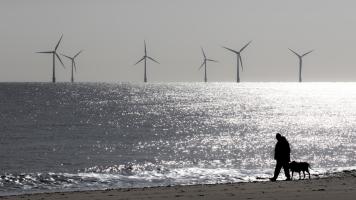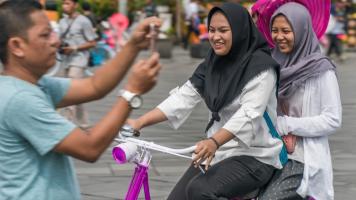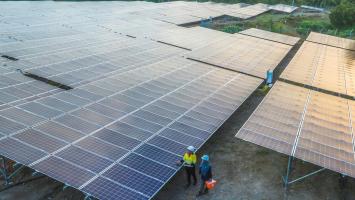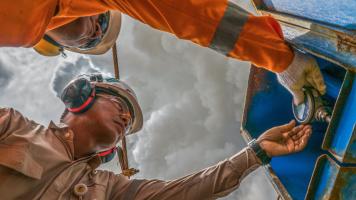Guntur Sutiyono

Country Lead, Indonesia
Climateworks Centre
Guntur Sutiyono leads Climateworks’ Indonesian team, enhancing Climateworks’ understanding of the region by providing context around policy, politics, and the economic landscape. His team is responsible for assessing opportunities and acting as a trusted advisor to stakeholders, with Guntur overseeing projects in sustainable finance, fiscal policy, energy, and support business development. Prior to joining Climateworks, Guntur worked for the Climate Policy Initiative and the World Bank as an analyst covering topics including fiscal policy, public finance, climate finance, and environmental economics. Guntur has also worked with governments, local universities, and civil society organizations, providing analysis and capacity building.



